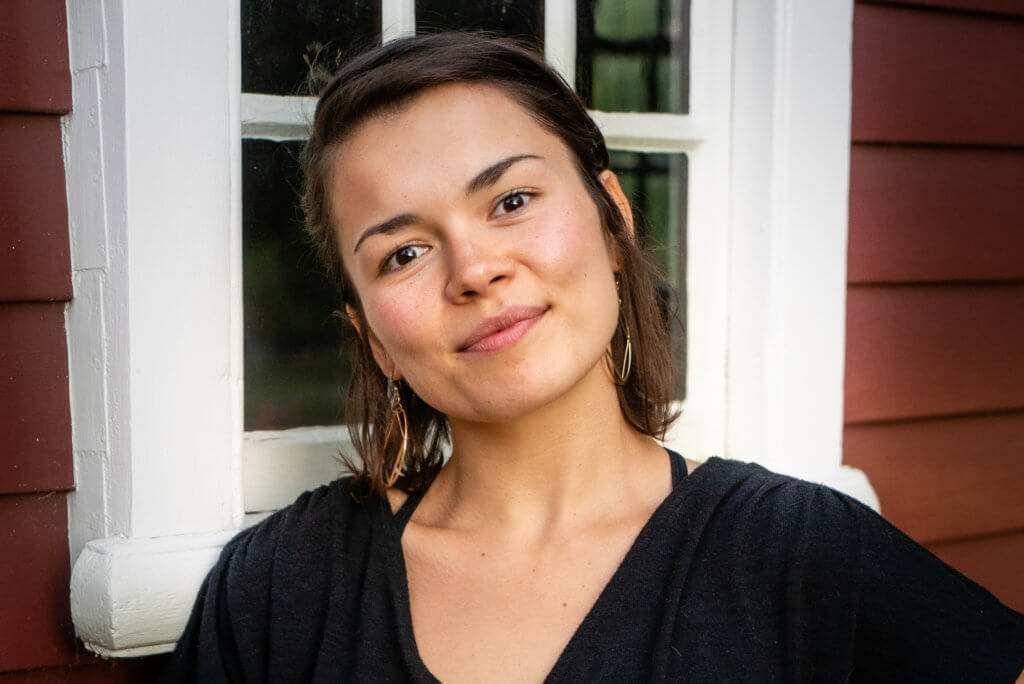Episode
Highlights
spanish radio in the 1970's
“It was great because all of a sudden, you felt connected to a community.”
—TONY MENDEZ
dominican radio
“I remember hearing that tape from the Dominican Republic… and it was so progressive. So it was just like what they were doing here at the American stations… And I fell in love with that. Every time someone traveled to Dominican Republic. I will ask them to record tapes of the radio station record everything – the commercials, everything. And then we’ll play those tapes in Mendez supermarket.”
—TONY MENDEZ
wriu
“My goal when I was in high school, applying to college…was to approach whoever was in charge of the radio station and ask him to see if I was able to do a program… And they said ‘Yes.’ He gave me a half hour on Sunday. And he allowed me to do it in Spanish.”
—TONY MENDEZ
BIRTH OF PODER
“We evolved, you know, at first, we just wanted to share music or culture. But as you got exposed to the issues in the Hispanic community, you know, you had to do a little bit more to make a better stay for Hispanics.”
—TONY MENDEZ
THE cicilline turning point
“He was the first important politician to open his headquarters when he was running right in South Providence. He wanted to send a message that he wanted to do a partnership with Latinos, and Latinos were important as a voter bloc. And when he became mayor, he started to come once a month to the radio station.”
—TONY MENDEZ
PODER IN THE PANDEMIC
“Our strongest asset is trust.”
—TONY MENDEZ
“For many people in an office environment, they will say, ‘Go home. Work from home.’ But for most Latinos, they had to show up at the factories… Everyone was together. Yes, they wanted to take care of themselves, but they had to go to work in-person, surrounded by hundreds of other people. So it was a very scary reality.”
—TONY MENDEZ
ON LEGACY AND ACCESS
” I remember when we were doing voter registration and getting people to vote…And we had no choice but to create the Information Center… Now you don’t need to do that because the Secretary of State has people who speak Spanish and there’s a phone number that they can call and they can give them that information. And you know, you made that happen. “
—TONY MENDEZ

